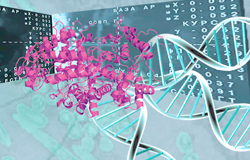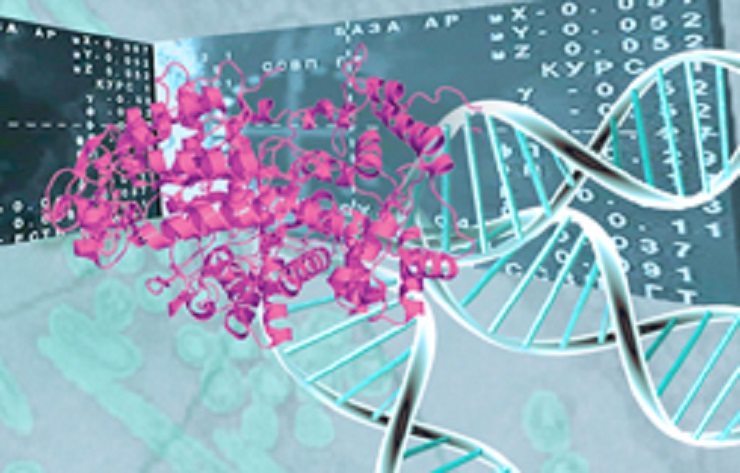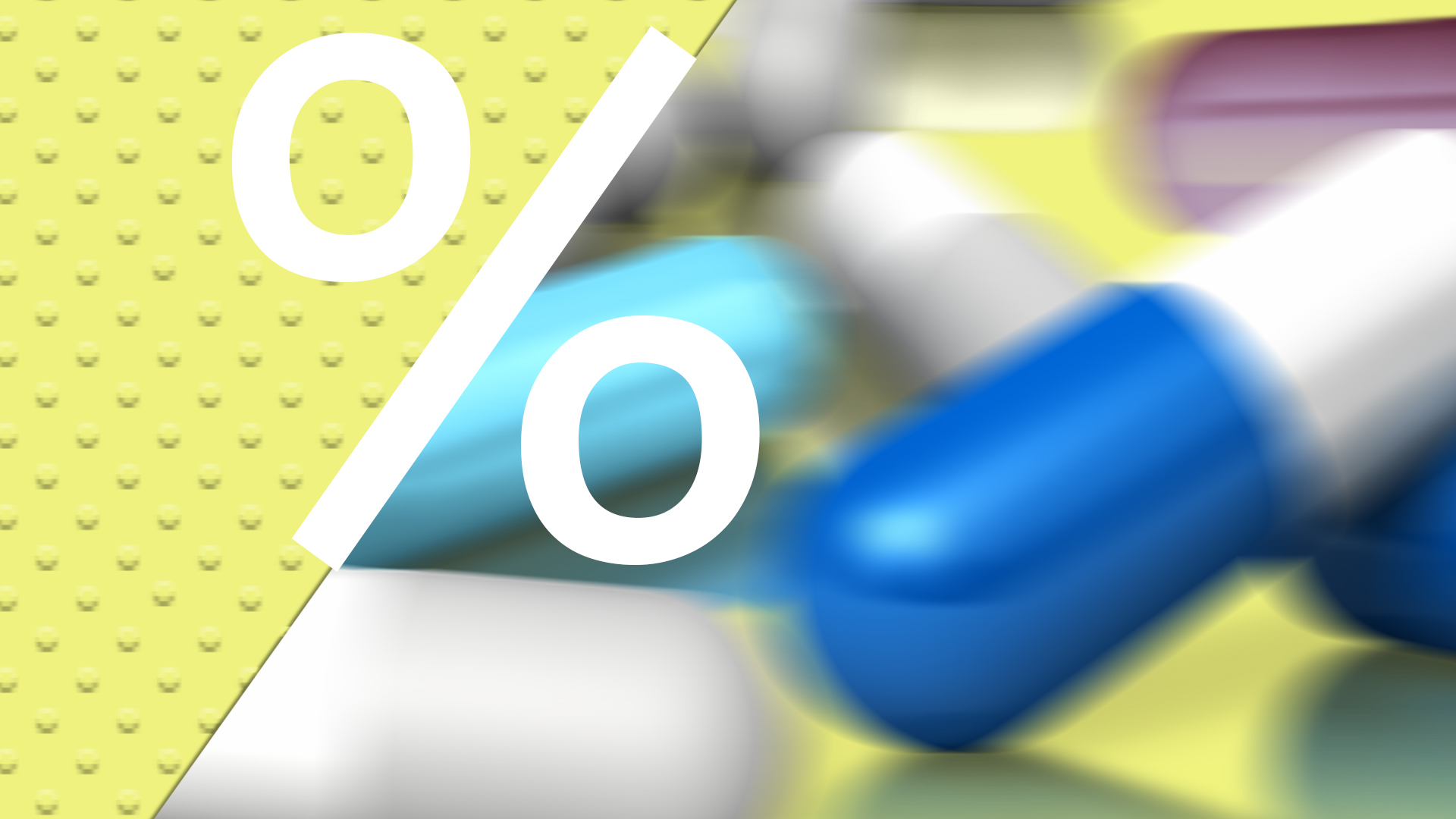About our research group/lab
Our research
Background information
To meet the needs of the many children who need emergency care worldwide, the field of pediatric emergency medicine (PEM) requires the availability of up-to-date trained healthcare professionals in well-designed and equipped healthcare facilities.
In the post-vaccination era with low-prevalence of serious bacterial infections, healthcare professionals, as well as parents and caretakers of (young) children need to be aware and educated on early recognition of these nowadays rare but serious infections.
A number of good quality guidelines exist, however several of them are not appropriately validated ór implemented ór used. We are aware of new developed biomarkers to identify children at risk for serious infections, but they need to be evaluated in routine practice. As uncertainty on diagnosis or disease course remain in number of patients after an ED visit, patients at risk in need for a revisit need to be identified and discharge instructions need to be improved in order to empower (parents of) patients in adequate at home management and initiate adequate return visits.
Given the nature of triage systems (experts opinion based) validity studies may contribute to improvements of the triage systems adapted to settings and specific patient populations.
Overall aim
The general aim of this research group is to improve the recognition of serious illness in children attending emergency care. For children are admitted for a large variety of reasons and with many different manifestations.
We focus on children with fever, children at risk for serious infections, and triage at the emergency department.
We address the following topics:
- Decision making.
- Diagnostic evaluation.
- Diversity in pediatric emergency care.
- Validity aspects of the Manchester Triage System.
Research focus areas
We focus on clinical epidemiologic studies.
Our projects
Emergency Department - PEWS: a new early warning score for the ED
PERFORM - Personalised Risk assessment in Febrile illness to Optimise Real-life Management across the European Union
Safetynetting for febrile children and improving parental information on serious illness
SHIVER
To reduce antibiotic prescription in children suspected of pneumonia (STRAP)
To study diagnostic accuracy of (low) blood pressure
Triage
Vital signs and triage in low- and middle-income countries (VITALS)
Key Publications
General
From cradle to adolescence: the development of Research in European Pediatric Emergency Medicine.
Mintegi S, Lyttle MD, Maconochie IK, Benito J, Gervaix A, Moll H, Shavit I, Da Dalt L, Waisman Y; Research in European Pediatric Emergency Medicine (REPEM) Network. (2014). Eur J Emerg Med. 2014 Feb;21(1):24-9.
Methodology
A closed testing procedure to select an appropriate method for updating prediction models.
Vergouwe Y, Nieboer D, Oostenbrink R, Debray TPA, Murray GD, Kattan MW, Koffijberg H, Moons KGM, Steyerberg EW. (2017). Stat Med. 2017 Dec 10;36(28):4529-4539.
Decision making
Clinical prediction model to aid emergency doctors managing febrile children at risk of serious bacterial infections: diagnostic study.
Ruud G Nijman, PhD student, Yvonne Vergouwe, methodologist, Matthew Thompson, clinical reader, Mirjam van Veen, resident, Alfred H J van Meurs, paediatrician, Johan van der Lei, professor, Ewout W Steyerberg, professor, Henriette A Moll, professor, Rianne Oostenbrink, paediatrician. (2013). BMJ. 2013 Apr 2;346:f1706.
Validation of the Feverkidstool and procalcitonin for detecting serious bacterial infections in febrile children.
Ruud G Nijman, Yvonne Vergouwe, Henriëtte A Moll, Frank J Smit, Floor Weerkamp, Ewout W Steyerberg, Johan van der Lei, Yolanda B de Rijke & Rianne Oostenbrink. (2018). Pediatr Res 2018 02 8;83(2):466-476.
Impact of a Clinical Decision Model for Febrile Children at Risk for Serious Bacterial Infections at the Emergency Department: A Randomized Controlled Trial.
Evelien de Vos-Kerkhof,Ruud G. Nijman,Yvonne Vergouwe,Suzanne Polinder,Ewout W. Steyerberg,Johan van der Lei,Henriëtte A. Moll,Rianne Oostenbrink. (2015) PLoS One. 2015; 10(5): e0127620.
Implementation of clinical decision support in young children with acute gastroenteritis: a randomized controlled trial at the emergency department.
Dorien Geurts,corresponding author Evelien de Vos-Kerkhof, Suzanne Polinder, Ewout Steyerberg, Johan van der Lei, Henriëtte Moll, and Rianne Oostenbrink. (2016). Eur J Pediatr. 2017; 176(2): 173–181.
Safetynetting
Tools for ‘safety netting’ in common paediatric illnesses: a systematic review in emergency care.
Evelien de Vos-Kerkhof, Dorien HF Geurts, Mariska Wiggers, Henriette A Moll, Rianne Oostenbrink. (2016). Arch Dis Child. 2016 Feb;101(2):131-9.
YouTube: are parent-uploaded videos of their unwell children a useful source of medical information for other parents?
Knight K, van Leeuwen DM, Roland D, Moll HA, Oostenbrink R. (2017). Arch Dis Child. 2017 Oct;102(10):910-914.
Triage
Validity of the Manchester Triage System in emergency care: A prospective observational study.
Joany M. Zachariasse, Nienke Seiger, Pleunie P. M. Rood, Claudio F. Alves, Paulo Freitas, Frank J. Smit, Gert R. Roukema, and Henriëtte A. Moll. (2017). PLoS One. 2017; 12(2): e0170811.
Validity of Different Pediatric Early Warning Scores in the Emergency Department.
Nienke Seiger, Ian Maconochie, Rianne Oostenbrink and Henriëtte A. Moll. (2013). Pediatrics. 2013 Oct;132(4):e841-50.
Accuracy of Triage for Children With Chronic Illness and Infectious Symptoms.
Nienke Seiger, Mirjam van Veen, Ewout W. Steyerberg, Johan van der Lei and Henriëtte A. Moll. (2013). Pediatrics December 2013, 132 (6) e1602-e1608.
Manchester triage system in paediatric emergency care: prospective observational study.
Van Veen M1, Steyerberg EW, Ruige M, van Meurs AH, Roukema J, van der Lei J, Moll HA. (2008). BMJ. 2008 Sep 22;337:a1501.
Collaborations
Collaborations within Erasmus MC
- Department of Medical Informatics: Prof. J. (Johan) van der Lei.
- Department of Public Health and Clinical Decision Making: D. (Daan) Nieboer MSc, Dr S. (Suzanne) Polinder, Prof. E.W. (Ewout) Steyerberg.
National network of pediatricians
- Dr G.J. Driessen.
- Maasstad Ziekenhuis, Rotterdam: Dr F. Smit.
- Franciscus Gasthuis en Vlietland, Rotterdam: Dr G. Tramper.
- Reinier de Graaf Gasthuis, Delft: Dr J. Noordzij.
- Flevoziekenhuis, Almere: A.M. van Wermeskerken MSc.
- Elisabeth-TweeSteden Ziekenhuis, Tilburg: Dr C.C. Obihara.
- Langelandziekenhuis, Zoetermeer: J. Punt MSc.
Collaborations outside Erasmus MC
Within the REPEM group (Research European Pediatric Emergency Medicine)
- Children’s hospital, University Hospitals of Geneva. Geneva, Switzerland ( Prof. A. Gervaix)
- Pediatric Emergency Department, University Hospital. Bilbao.
- University of the Basque Country, Cruces, Spain: Dr S. Mintegi
- St. Mary’s Hospital, London, United Kingdom: Dr I. Maconochie, Hôpital Necker-Enfants Malades, Paris, France: Dr F. Angoulvant.
PERFORM
TriAge:
- Maasstad Ziekenhuis, Rotterdam: Frank Smit,
- Vienna General Hospital, Vienna: Prof. Susanne Greber-Platzer,
- St. Mary’s Hospital, London: Ian Maconochie,
- Hospital Prof. Doutor Fernando Fonseca, Lissabon:Claudio Alves.





